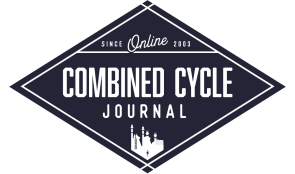Guaranteed emissions compliance for ageing gas turbines
Jeff Bause, Noxco’s CEO, opened the webinar by explaining to turbine users how his company is raising an industry bar with the first LTSA (long-term service agreement) for emissions compliance. He said that by removing the burden and responsibility for protecting and managing complex systems from owner/operators, Noxco delivers performance, predictability, cash flow, and 100% […]
Guaranteed emissions compliance for ageing gas turbines Read More »



